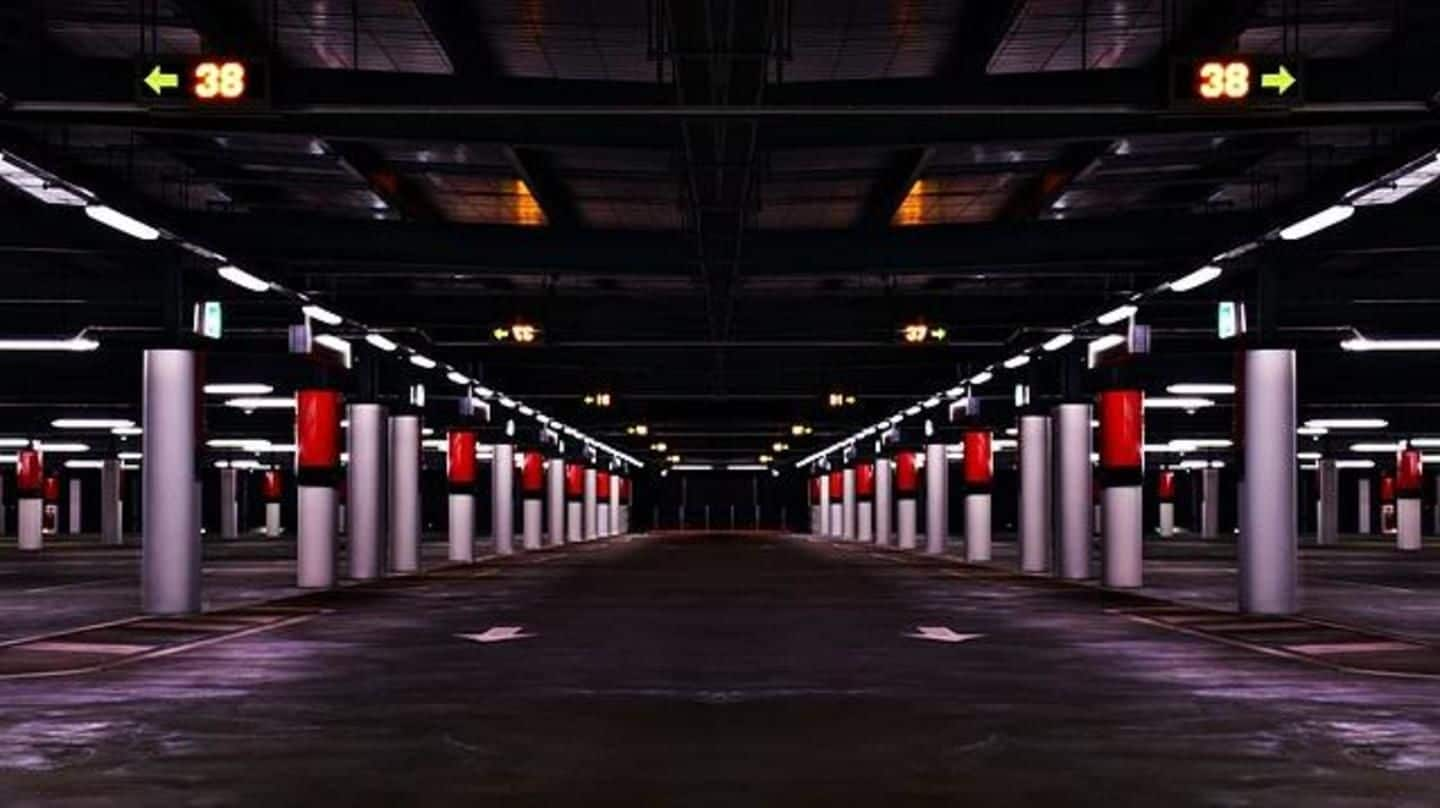
Delhi pollution chokes parking sensors, unable to detect empty slots
What's the story
Sensor-based parking, New Delhi Municipal Corporation's ambitious project, has been clouded by Delhi's rising air-pollution levels. One-third of the sensors installed at the parking areas in Connaught Place Inner Circle and radial roads have malfunctioned, since the particles from vehicular emissions, have chocked the machines. They are no longer able to detect parking slot availability, making it a manual task as it was earlier.
Problem
These Italy-imported sensors are giving major headaches for NDMC now
NDMC officials said these sensors were imported from Italy and installed at 35 out of the 87 ground-level parking lots, as part of their 'smart parking' project. But now the sensors are giving major headaches to the civic body. "Once the dust settles on these sensors, some of them stop transmitting signals or detecting availability status at parking slots," said NDMC chairman Naresh Kumar.
Plans
Contractors have been ordered to procure alternate sensors
When NDMC started the project in August'17, it had thought of launching an app and online service for booking parking slots as well, along with the sensor-installation. Payment channels such as e-wallets/Internet banking were also being planned. However, with this current situation, NDMC has now asked the contractor for alternate sensors, keeping August-end as the new deadline. March was the earlier one.
Information
'Smart parking' project's other sides: Ticketing devices, LED signs, CCTV
Apart from installing sensors, 'smart parking' project encompassed renovation of other parking lots and installation of ticketing devices, LED signs, CCTV cameras, etc. Currently existing parking facilities in Lutyens' Delhi, like CP (both circles), Shivaji Stadium, Baba Kharak Singh Marg and Janpath are being renovated.
Details
We are still getting the cars parked manually: Parking attendants
The sensors helped operators manage occupancy rates, as the status got "transmitted to the command centre at Palika Parking and from there it was shared to users via an app and NDMC's web portal," said officials. However a parking attendant rejects those claims, saying it didn't make any difference. "We are still getting the cars parked manually," said a CP N-Block parking attendant.
Quote
'Dust absorbs electromagnetic waves transmitted through sensors'
Explaining why the sensors gave away, an IIT-Delhi professor said electronic waves transmitted through the sensors are to be blamed. "These sensors transmit signals through electromagnetic waves and the dust absorbs the waves easily, which ultimately impacts their functioning," said Dilip Ganguly, assistant professor, IIT-Delhi.